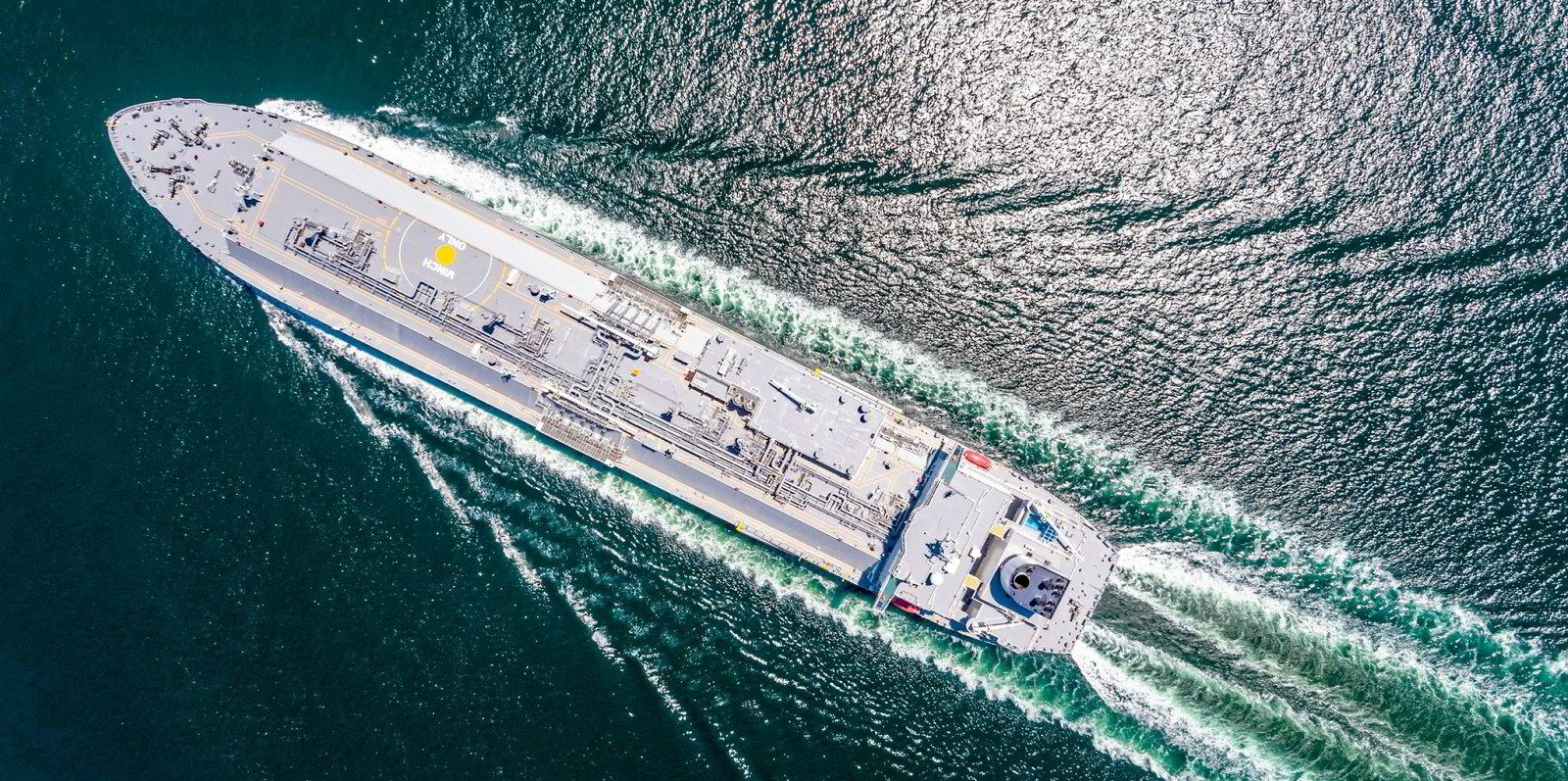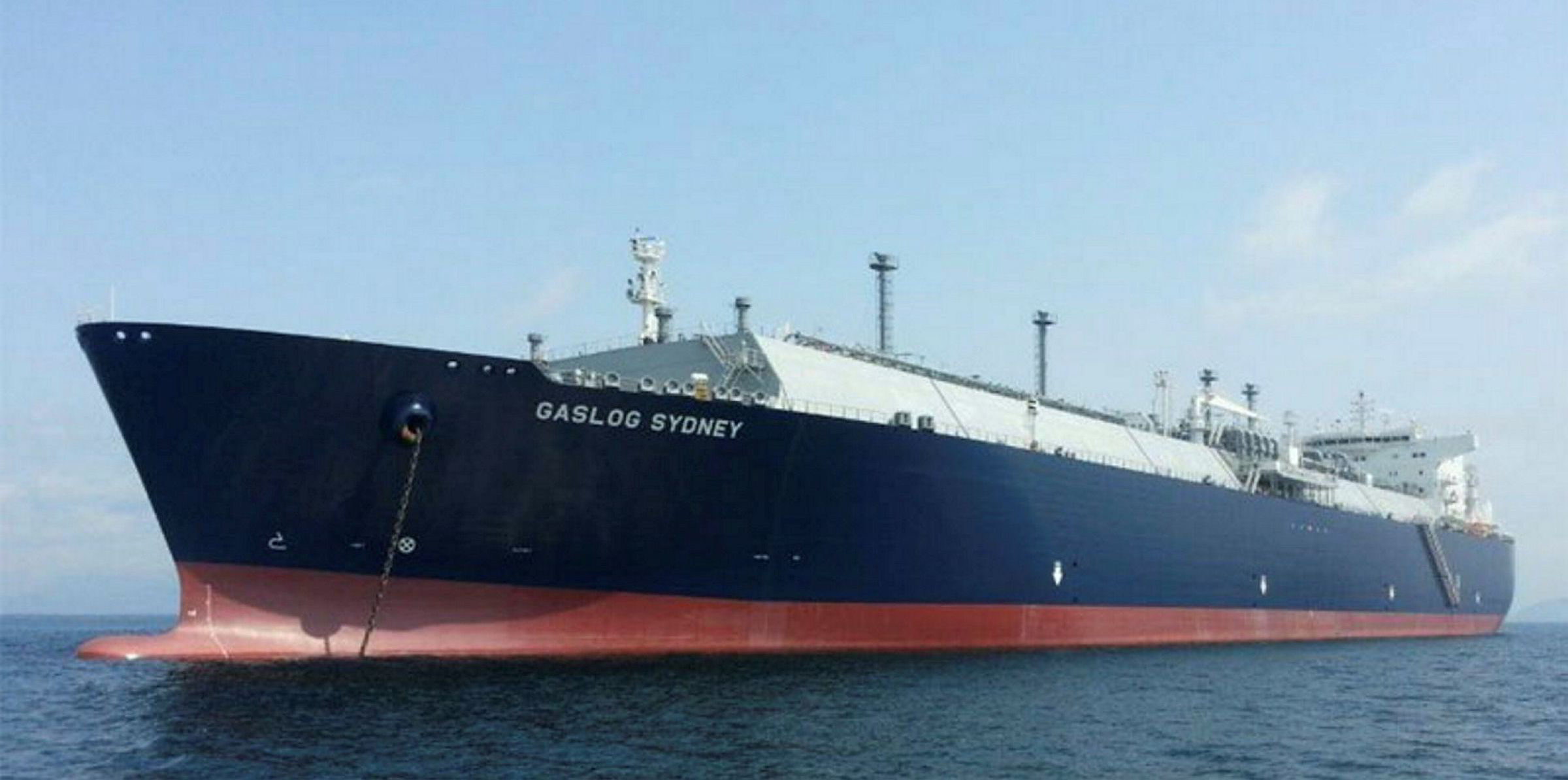Shell is looking at a potential profit of $120m on a single LNG cargo despite paying a record rate to charter an LNG carrier, according to analysts at Bernstein.
TradeWinds reported on Friday that the oil and gas major has fixed the Maran Gas Maritime-owned, 174,000-cbm Yiannis (built 2021) at $400,000 per day.
Record levels of European LNG demand due to Russia’s invasion of Ukraine has driven LNG tanker spot rates to a record.
Bernstein said Russian disruption and a structural LNG shortage have also given rise to record gas prices, with the European TTF price hitting $91/mmbtu in August before settling at the current $50/mmbtu.
Consequently, the spread between the European TTF and the US Henry Hub gas prices now sits at $44/mmbtu.
Such pricing has incentivised US LNG exports to head to Europe, with exports increasing from an average of 2.1 billion cubic metres (bcm) per month over 2019 to 2021 to 5.4-bcm per month in 2022.
According to analysts Oswald Clint and Alex McColl, Shell will deploy the Yiannis on a round-trip from Venture Global’s Calcasieu Pass LNG facility in the US to France.
“We estimate that Shell will purchase the gas from Calcasieu Pass LNG at 115% of Henry Hub, which is $8/mmbtu at today's price,” the two analysts said.
“In addition, Shell will pay a $3/mmbtu tolling fee to Venture Global to liquefy the gas, thus Shell will pay $44m in total for 4m mmbut of gas.
“We expect the round-trip to the Dunkerque LNG terminal in France to last 30 days, during which Shell will pay $12m in total for use of the tanker or $3/mmbtu.”
Clint and McColl estimate that Shell will lose 0.1% of the gas each day, due to boil-off, or 50,000 mmbut during the journey to France.
“France imports LNG at TTF spot prices, which are now $48/mmbtu. We therefore estimate that the …volume that will arrive in France will be sold for $190m, equating to a profit of $31/mmbtu or $120M for Shell,” they added.
However, limited spare regas capacity and a surge in LNG cargoes heading to Europe have caused LNG import prices to fall below TTF prices.
“At the extreme the discount widened to a record $25/mmbtu, but even at these levels, Shell would still make a profit of $7/mmbtu or $30M,” the analysts said.
Clint and McColl said Shell has its own fleet of owned and long-term chartered tankers where day rates are more stable.
“Paying up for such a record day rate, therefore, appears to be opportunistic capturing incremental profits for shareholders from the world’s largest and most agile LNG fleet,” they said.
“Consequently, despite record tanker day rates, Shell as the largest global LNG marketer is doing what they do best ie, capturing maximum upside from current tight LNG markets.”





